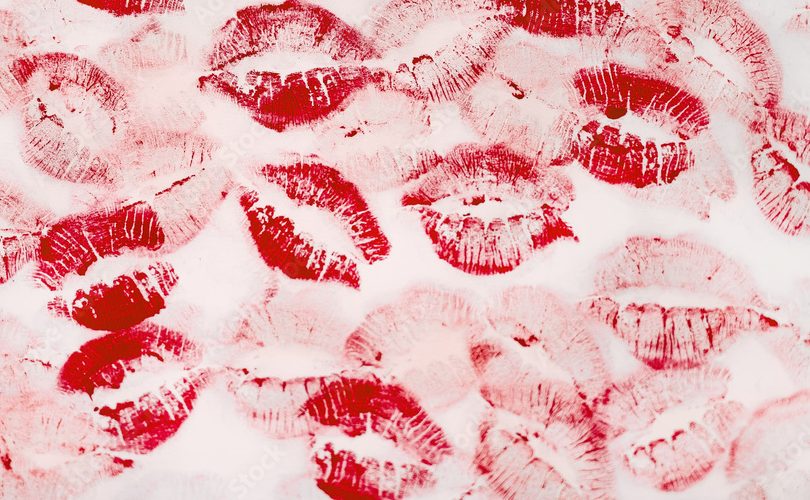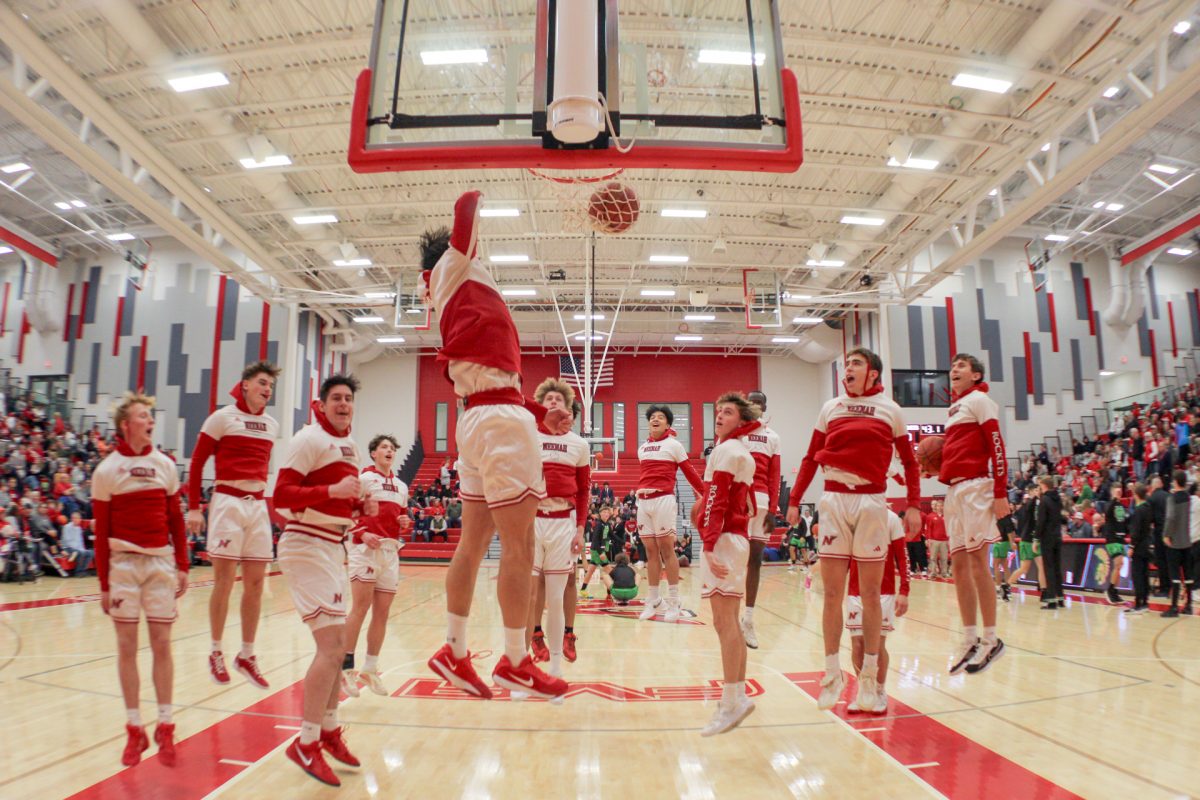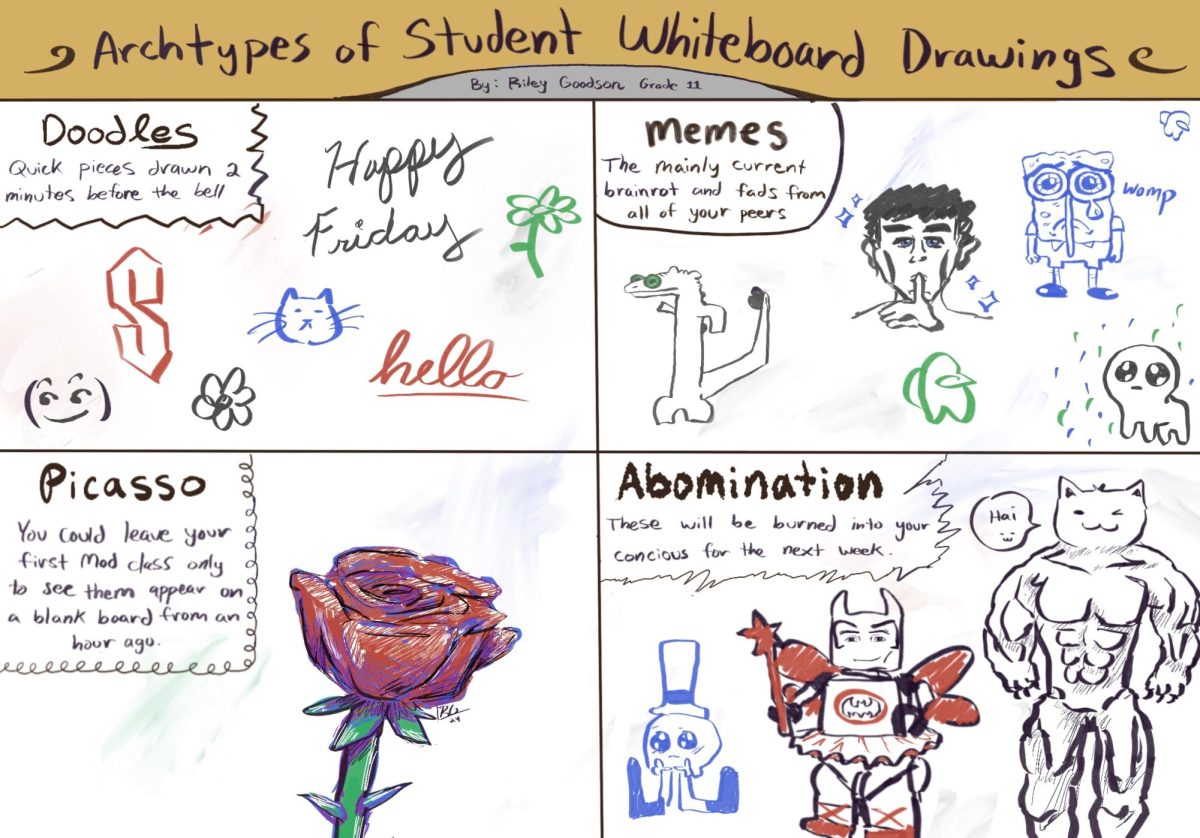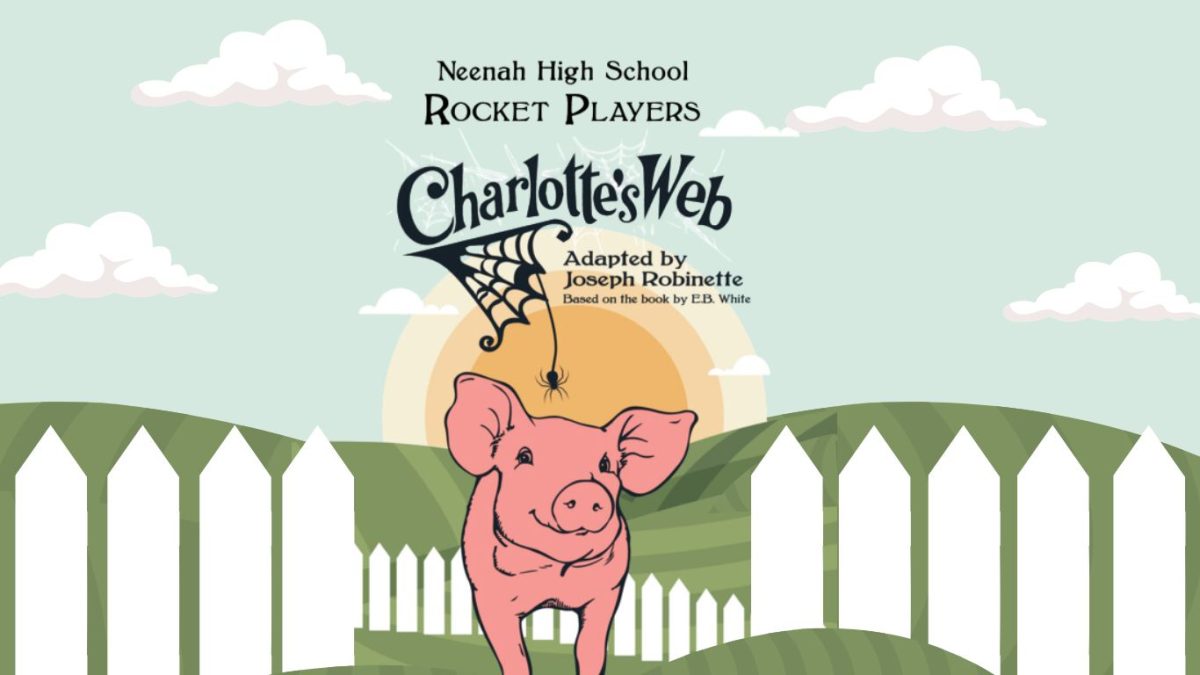The last thing anyone would want to see on the way to a Pre-Calc class is a couple furiously making out. Having to bear witness to these acts, however, has become grossly common at Neenah High.
There is a public display of affection problem and it must be faced.
PDA, or public displays of affection, is defined by the Cambridge Dictionary as, “something that is a loving touch shown in public.” Unfortunately, “loving touch” is pretty broad. Hugging, handholding, kissing, and other more devious acts could all fall under this category, some more risque than others, but all still fit. Even more unfortunate, allowing high schoolers to interpret loose definitions only results in the less desired public displays.
While Neenah does have a policy in place, their rulings are as loose as PDAs definition.
Cited from the handbook directly, “To uphold school policies, Neenah High School students will refrain from . . . Public displays of affection.”
Refrain? More like, excessively participate in.
I would also note that this rule is smack dab between not using laser pointers and not biking in the hallways, so it can be understood how difficult it is to forefront this issue.
I do not want to establish myself as a hater of love, so let us put it in perspective.
For Neenah High School teachers, such as French teacher Madame Meihillon, this issue is far from hidden. Teaching at Neenah for 19 years exposes eductors to many student interactions; the good, the bad and the ugly. “Affection has always been a problem, but it is difficult to discourage,” she said.
Makes sense. Tapping on the shoulders of 15-year-olds and reminding them it is inappropriate to engage in affectionate behavior would not be a ray of sunshine in a teacher’s life. No teacher should babysit students to keep their hands off each other after managing 60 hours in a workweek. “Hands to yourself” is kindergarten basics.
Some say that engaging in PDA can make relationships closer and more meaningful. We all know engaging in PDA is the cherry on top to prove that two people must be happily dating. Often is not the truth. Relationship psychologist Dr. Kate Esterline wrote in her study of performative PDA that motivations often come from a place of creating envy, and worsening relationship integrity.
Want a relationship to last? Do not overboard PDA. It is that simple.
It, however, must be remembered the problem here is the environment in which this problem frequents: school.
In other locations, eyes would not be batted in sight of affection. Holding hands on a date to the mall? Makes sense. A peck on the cheek at a New Year’s party? Could not care less.
In the crevices of the hallways though? There are a couple of problems with that.
The United States Department of Education directly writes that schooling is made to foster educational excellence. PDA directly coincides with distraction, for individuals, and everyone else who has to stand witness, lowering the chances of any real learning to happen.
At the core, schooling is a place of benefit. The teachers that surround offer support with opportunities. The last thing anyone would want is for a teacher to write “student was quite busy making out with their partner to pay attention” on a letter of recommendation.
Do everyone a favor by adhering to this rule — keep hands, lips, and all other assorted body parts to oneself.
In short, PSA to PDA: avoid it at all costs.









Grace Brazee • Mar 13, 2024 at 2:52 PM
I agree with your opinion. This article perfectly ties together humor and an actual problem. Very good writing!
Alexandra Blattner • Mar 13, 2024 at 2:46 PM
I love this story, it’s a super important message and I think more people should be aware of the PDA epidemic in our school.